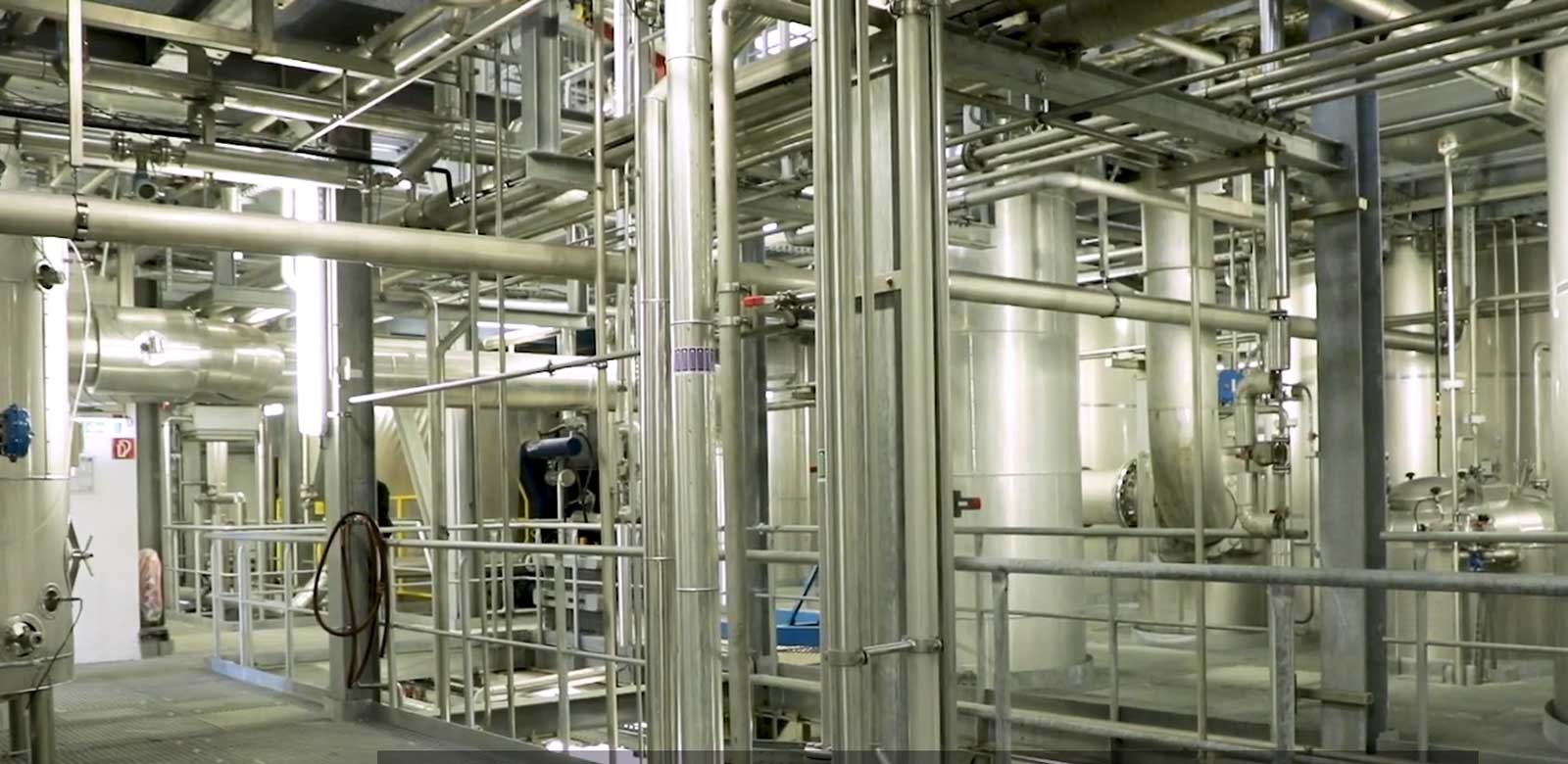Since 2014, BBI JU has funded flagship biorefineries in Europe, helping to de-risk investments and develop the sector. These projects involve 117 beneficiaries who have in total received €228 million in BBI JU grants, leveraging €1.3 billion in private investments to support the design and construction of the biorefineries. Their socio-economic impacts in European regions are impressive, as they are creating 3,500 new direct jobs and 10,000 indirect ones, mainly in rural and coastal areas, thus contributing to the revitalisation of these regions. Additionally, they support the transition towards a more resource-efficient and sustainable low-carbon economy, saving 600 kT of CO2 emissions per year and avoid depleting fossil resources.
So far, two BBI JU-funded flagship projects have been concluded. The First2Run project boosted the local economy of Sardinia, in Italy, where it turned arid, marginal lands into a sustainable business and created new jobs. The biorefinery built by the EXILVA project in Sarpsborg, Norway, produces bio-based microfibrillated cellulose for a wide range of applications including body care products, pharmaceuticals, adhesives, composites, resins, and agricultural chemicals.
Other flagship projects are ongoing, for example, the LIGNOFLAG project is building a biorefinery transforming agricultural waste into cellulosic bioethanol. The FARMYNG project is developing the world’s first industrial process to convert agri-food sidestreams with mealworms into proteins for animal feed and organic fertiliser.
Read more on the BBI JU website.
Image: Clariant/YouTube



